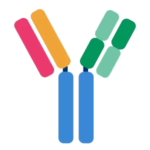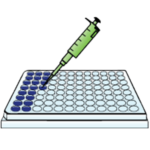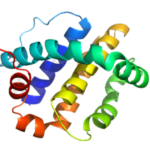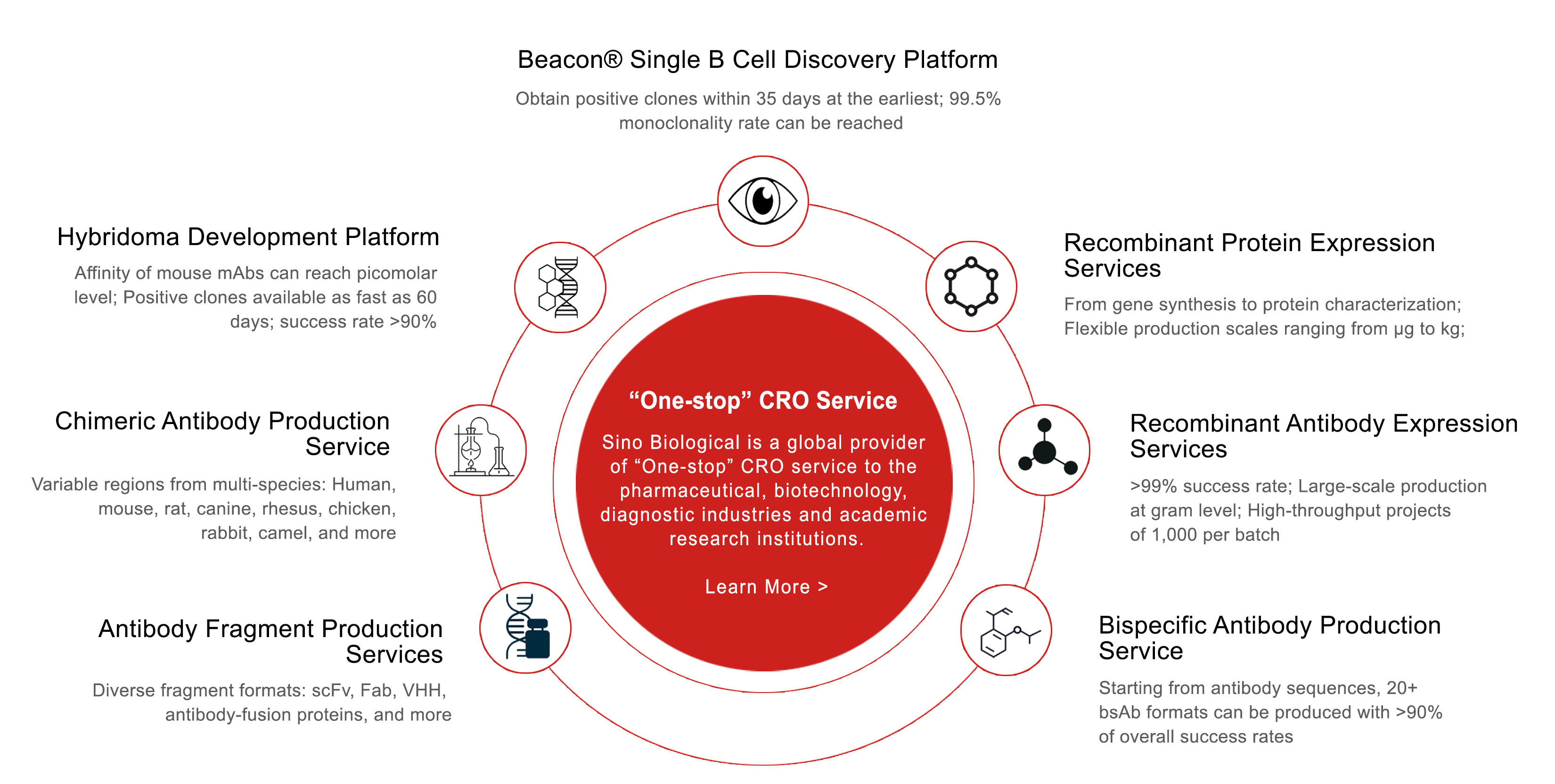Hycult Biotech
Hycult Biotech prides itself on offering personalized services, high quality products, flexible quantities, and fast delivery times.
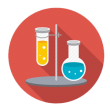
Tools for Complement Research

How to analyze complement

We are glad to support you!

At our headquarters in Uden, we, as a privately-owned company, undertake the development, manufacturing, and storage of our products. Our offerings are accessible via our Dutch headquarters, sales office in Wayne (PA) USA, and through our network of over 65 distributors present in over 50 countries. Since 2008, we have maintained our EN ISO 13485:2016 certification, a testament to our commitment to meeting the highest standards in the industry.
Featured Products
Featured Recombinant Proteins, Antibodies, and More
Popular Research Areas
As a leading reagents provider, Sino Biological is dedicated to offering high-quality recombinant proteins, antibodies, kits and other products to research labs and the drug discovery industry.
Services Offered
More About Sino Biological
Presenting Hycult Biotech
We are proud to be a leading manufacturer of innate immunity research reagents, with a special focus on complement pathways. Our mission has always been to find answers to your questions and work towards improving health. We have been fulfilling this mission since 1994.
Our team possesses extensive expertise in the development and production of assays, antibodies, and proteins. We are committed to supporting scientists worldwide in their research on human diseases
Flyers and Product Guides
Latest Blogs
Coming Soon...
Need More Information?
The Krishgen support team strives to provide swift responses and resolution to your queries. Get in touch for a technical question, product query or quote request.

